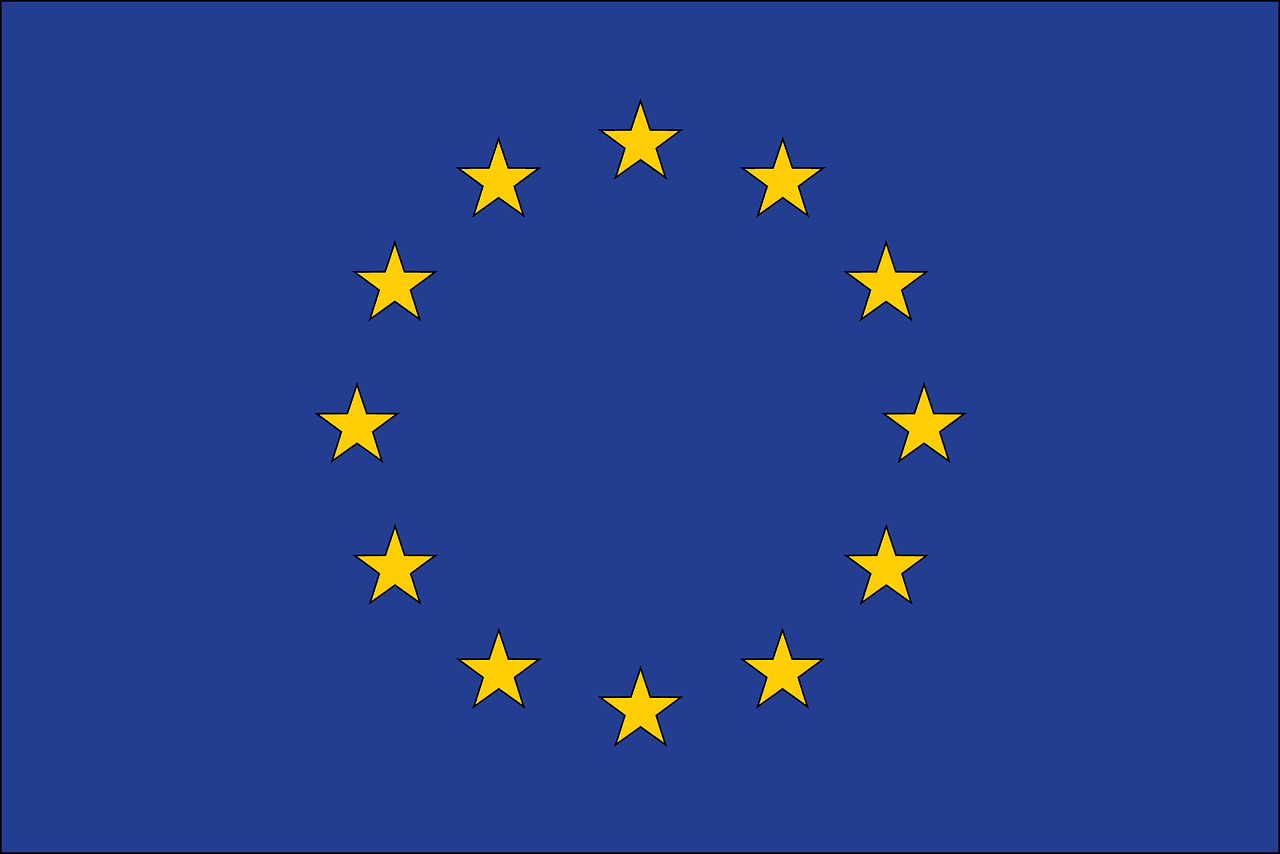Over the past decades, Europe has created little of real relevance in terms of technological platforms, social networks, operating systems, or search engines. In contrast, it has built an extensive regulatory apparatus designed to limit and punish those who have actually innovated.
Rather than producing its own alternatives to American tech giants, the EU has chosen to suffocate existing ones through regulations such as the Digital Services Act (DSA) and the Digital Markets Act (DMA).
The DSA aims to control the content and internal functioning of digital platforms, requiring the rapid removal of content deemed “inappropriate” in what amounts to a modern form of censorship, as well as the disclosure of how algorithms work and restrictions on targeted advertising. The DMA, in turn, seeks to curtail the power of so-called gatekeepers by forcing companies like Apple, Google, or Meta to open their systems to competitors, avoid self-preferencing, and separate data flows between products.
These two regulations could potentially have a greater impact on U.S. tech companies than any domestic legislation, as they are rules made in Brussels but applied to American companies in an extraterritorial manner. And they go far beyond fines: they force structural changes to the design of systems and functionalities, something that no sovereign state should be imposing on foreign private enterprise.
In April 2025, Meta was fined €200 million under the Digital Markets Act for allegedly imposing a “consent or pay” model on European users of Facebook and Instagram, without offering a real alternative. Beyond the fine, it was forced to separate data flows between platforms, thereby compromising the personalized advertising system that sustains its profitability. This was a blatant interference in its business model.
That same month, Apple was fined €500 million for preventing platforms like Spotify from informing users about alternative payment methods outside the App Store. The company was required to remove these restrictions, opening iOS to external app stores and competing payment systems. Once again, this was an unwelcome intrusion and a direct attack on the exclusivity-based model of the Apple ecosystem.
Other companies like Amazon, Google, Microsoft and even X are also under scrutiny, with the latter particularly affected by DSA rules, having been the target of a formal investigation in 2023 for alleged noncompliance in content moderation.
Big Tech, by its very nature, is the primary, focused target of this new European legal framework. These companies operate on a global scale, rely on business models centered around the collection and monetization of data, integrate multiple layers of the digital ecosystem vertically, and hold dominant positions in key areas such as search engines, social networks, and operating systems.
With around 450 million consumers and a high level of digital purchasing power, the EU is the second-largest digital market in the world. For Big Tech, leaving Europe is not an option. And that is precisely where Brussels derives its power: by imposing demanding rules, it forces global changes, since maintaining different versions of a product for each region is costly and technically unfeasible. In this way, the European Union becomes a de facto global legislator, exporting its regulatory vision to the rest of the world.
Despite living under different institutional realities, Europeans and Americans share fundamental values: individual liberty, private initiative, and open innovation. It is in the name of these values that they must now walk a common path of resistance to this regulatory overreach, reaffirming a transatlantic alliance in defense of innovation, digital sovereignty, and freedom itself.
Made available by the American Institute for Economic Research.




